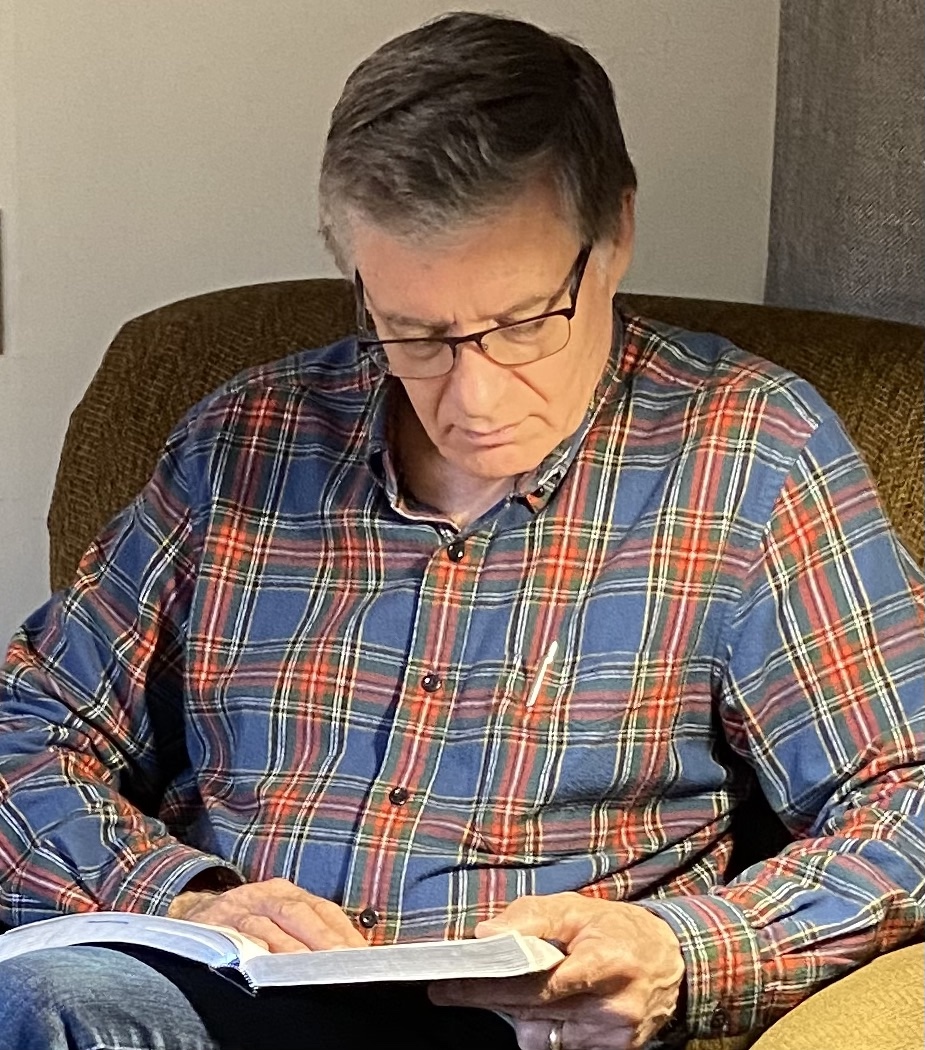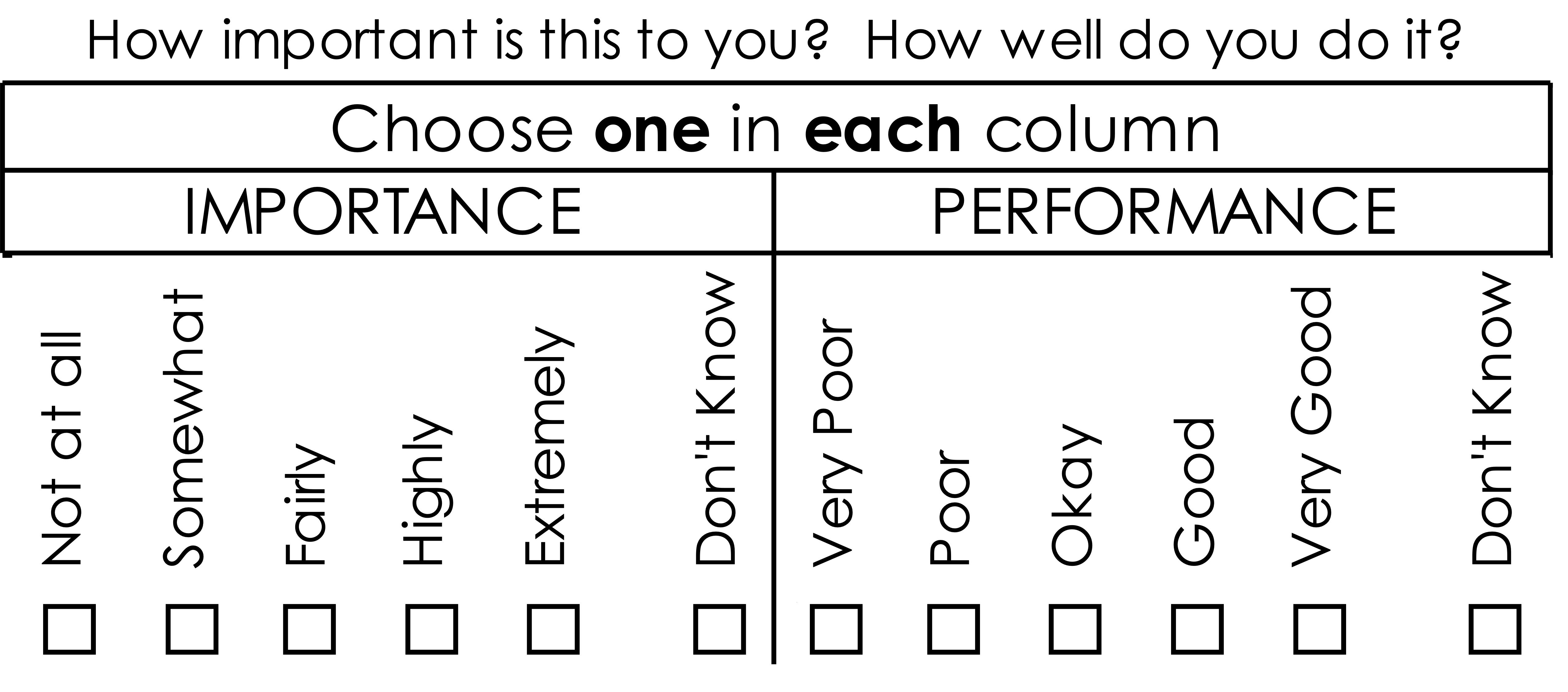Discover How to Manage Your Time Between Meetings
- Home
- Basic Productivity Skills
- How to Manage Your Time
Do you ever think about how to manage your time between meetings and appointments? Every week I have someone talking about "back to back to back" meetings. Is that your experience too?
Even thinking about that (often small) section of time between each of those meetings gets squeezed out of our consideration because we are rushing to the next thing.

In between we check a device, answer a question, provide a directive, or a half gallop to the washroom. The space between meetings just goes missing. It disappears, and using it for anything useful isn't an option.
Give yourself some breathing space between appointments. Create some time to go to the bathroom or get to where you need to be on time. Unless you are into creating drama in your life – and I don’t recommend it – think about what reasonable length of time you need between appointments.
Even a few minutes to collect your thoughts, organize your materials, review your files and take a pause will go a long way to making you more effective for your next activity. You will be more relaxed, more prepared and more on the ball.
Track your timing and adjust accordingly. Pretty soon you will have a system in place that works for you and allows you to be at your best.
"For a lot of people, success really means escaping from where they feel trapped at the moment. Real, lasting success comes when we enjoy doing what we do every day and when we do it well."
Peter Merrill, Do it Right the Second Time
Five Days of Coaching on How to Manage Your Time Between Meetings and Appointments
DAY ONE
Take an inventory of your scheduler. How much time do you allow between meetings and appointments? Have you allowed this situation to creep up on you or are you really that busy? Check your real motives and attitudes.
The Coach asks:
- Do meetings and appointments control you, or do you control them? Give the first answer that comes to mind, but then pause to give this some longer thought. Do you allow the tyranny of the urgent to dictate your passage through the day?
- How has this situation come about? By external circumstances? Through your own thinking and actions? Did it creep up on you gradually as you let "something" go, or as you accepted more and more? What are the real contributing factors?
- What was, and is your self-talk around this topic? What would you like it to be? What is within your control? What really, really isn't within your control?
- What motivates you when it comes to developing an approach, or a strategy for how to manage your time between meetings? What's the "payoff" for doing something different (like refocusing, renewing, refreshing, breathing) with that little space of time between two "bigger" things?
DAY TWO
Knowing yourself and your situation, what period of time between appointments would allow you to refresh and be more effective? Minutes? A half-hour? More? Implement it, starting now.
The Coach asks:
- Be intentional about considering that space between meetings as something of value that can make you more productive and effective. Where you can, begin to create space on the calendar in order to pace yourself better.
- How willing did you find yourself to block out some time between meetings? Rushing has become so ingrained, it's hard to stop.
- Since meetings involve others, what structure would allow everyone to benefit from not rushing from meeting to meeting to meeting? How can you introduce a new way of doing things? What's the case to be made for actually increasing productivity while introducing space to pause and regroup?
DAY THREE
As you implement your new system, adjust to make it work for you. Do you need more or less time after specific types of appointments?
The Coach asks:
- Once you've developed a plan for how to manage your time between meetings and appointments. And, once you've implemented it for several days. Review how your attempts worked?
- Did you gain a little more time to refresh? How did it allow you to "come down" from one meeting, and prepare yourself for the next? What have you noticed about the transition time? Do you need more or less time for different types of appointments?
- Like most things, this will take time. Persevere. Make it work for you. And insofar as you can, make it work for others too. You will all benefit.
DAY FOUR
Examine how you relax or renew and refresh in this interval time. Find ways of using it that leave you ready to go and maintain effectiveness for your next appointment.
The Coach asks:
- Even 15 minutes between meetings can be significant, if you use it to your advantage. What could you do in that 15 minutes that would be to your benefit and let the adrenaline levels lower for a while?
- A brief period of exercise? Reading a few paragraphs of something that lifts you up? Closing your eyes? Sitting quietly? Taking a quick walk? What would relax you and boost your energy and focus?
- Don't underestimate this really brief change in routine. It can deliver big in your being alert, focused and energized during the next meeting.
DAY FIVE
Make a decision not to rush to the next event. Time your travel to make it as smooth as possible. Don't cut your time so fine that it causes drama and stress. Start changing your patterns today.
The Coach asks:
- How prone are you to "creating drama?" Waiting until the last moment and then having to rush, showing others how "busy" you are? What's your flavor of drama?
- Endeavor to develop an attitude of grace, moving from meeting to refresh, to meeting, to refresh, to meeting again with a smile and an assurance that your day is unfolding well.
- How have you been reacting to working on this particular practice? Have you found resistance? Reluctance? Hesitation? Delay? Or, have you found insight, understanding, acceptance, and trying with flexibility to improve? Your attitudes will drive your responses and ultimately your success.
- Keep going.
Because the Lord Sustains Me

As a Christian Executive Leadership Coach I encourage Christian leaders to reflect on God's Word to add to their wisdom.
- Is 40:28 - 31 He will not grow tired or weary, and his understanding no one can fathom. He gives strength to the weary and increases the power of the weak.
- Mt 6:31 - 34 What shall we eat? What shall we drink? or What shall we wear? For the pagans run after all these things, and your heavenly Father knows that you need them.
- 1 Kg 18:16 - 19:18 Elijah and the prophets of Baal, Elijah depleted, 19:6 Food, rest, a word from God, some thoughts about "life," instructions about the next meeting.
- Mk 6:30 - 32 Then because so many people were coming and going that they did not even have a chance to eat, he said to them, "Come with me by yourselves to a quiet place and get some rest."
- Ps 3:4 - 6 I call out to the Lord, and he answers me from his holy mountain. I lie down and sleep; I wake again, because the Lord sustains me. I will not fear though tens of thousands assail me on every side.
If appropriate, we can meet by phone or Zoom to discuss your situation.
Record Your Progress
This is your opportunity to track your progress. Start by asking yourself how important this practice is to you? Record the importance as - not at all, somewhat, fairly, highly or extremely.
Now next to it ask yourself how well you carry out this practice. Record your performance as - very poor, poor, okay, good or very good.

The things we track, we pay attention to. Across time, come back and record your new results. You will find that as you are intentional about making improvements, you will bump your "score" up higher.
This is significant. Don't miss the opportunity to acknowledge your success, and use it as a springboard for making even further gain.
Notes
Honestly, I never thought seriously about "the space" between meetings and appointments until several years ago when the frequency of meetings seemed to rise exponentially in companies and organizations where my clients led, worked and served.
In your search for how to manage your time, don't overlook this little period of time. It can make all the difference in how you walk into that next meeting. But ... you must be intentional about making even these few minutes work for you.
Contact me here Privacy Policy
© G.E.Wood and Associates. All Rights Reserved in all media.
G.E. Wood and Associates is an international coaching firm registered in Ontario, Canada
142 Pratt Crescent, Gravenhurst, Ontario, Canada, P1P 1P5